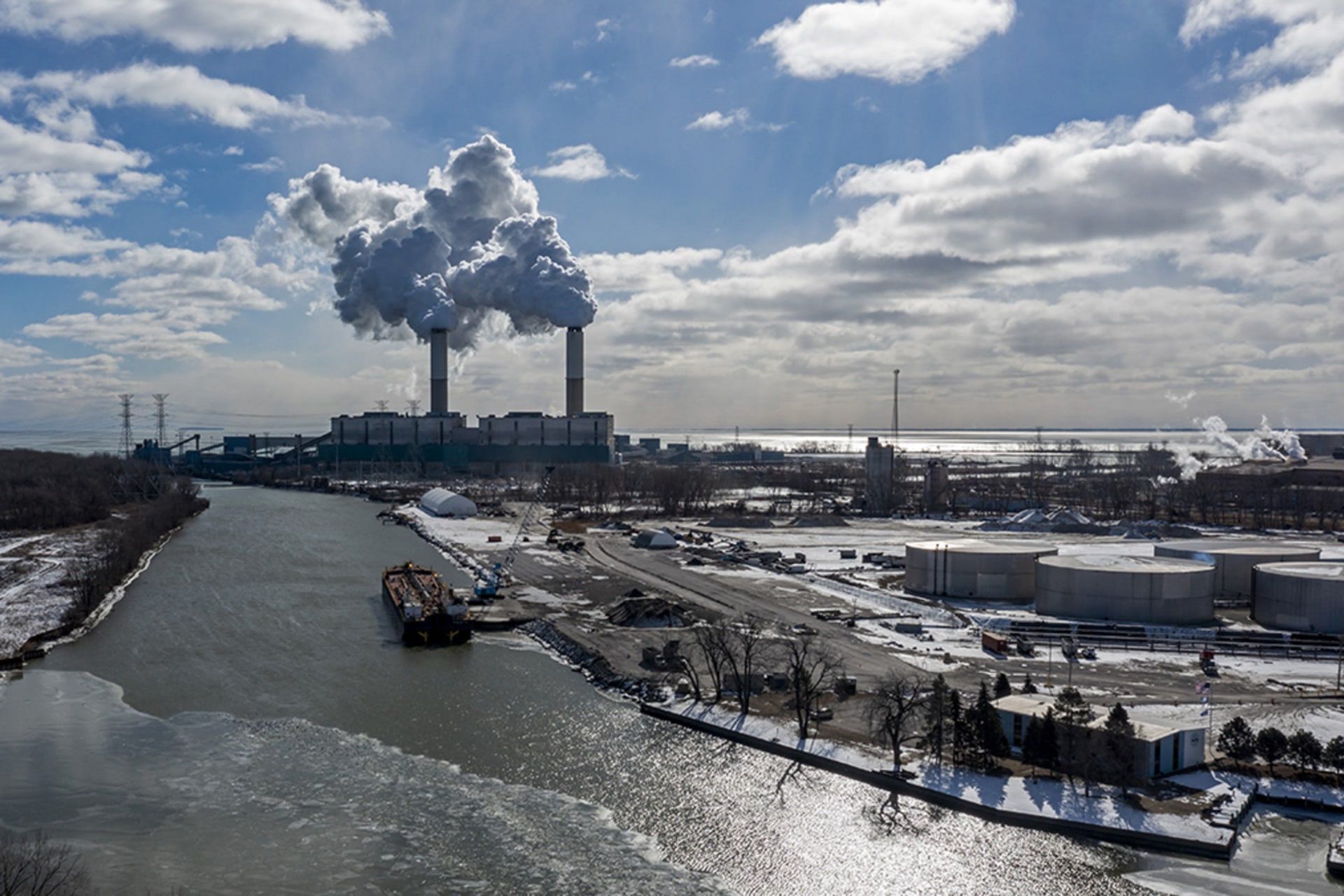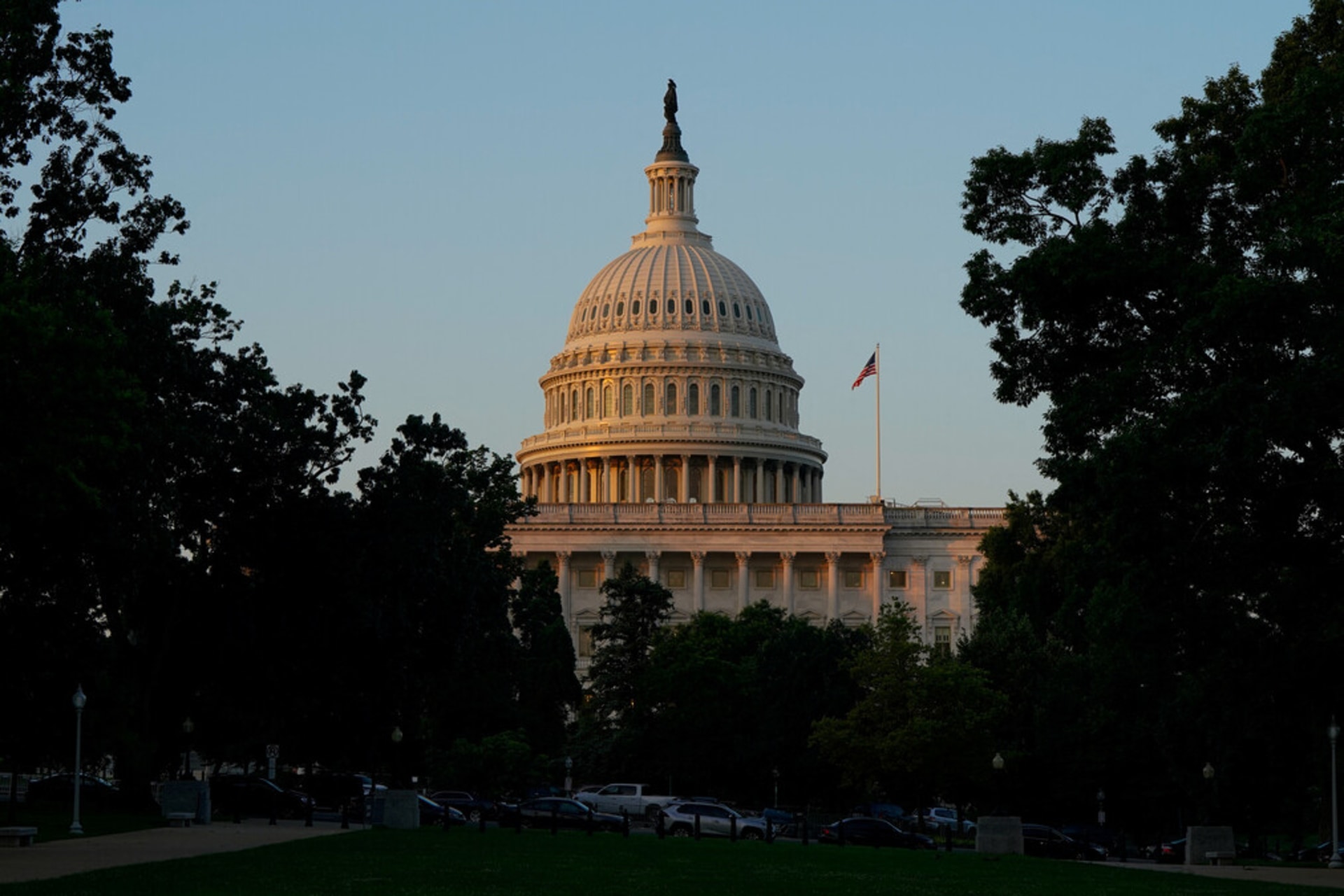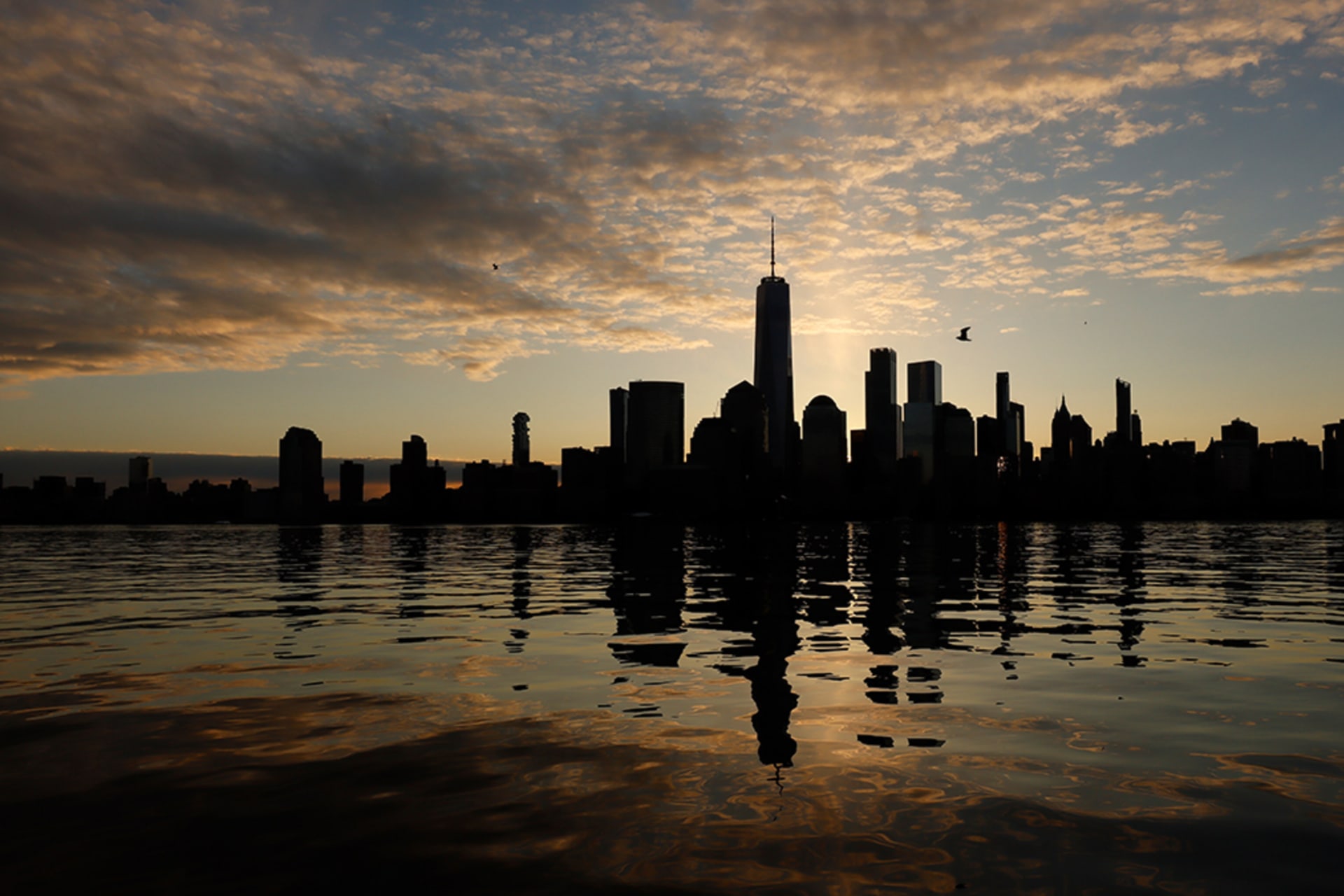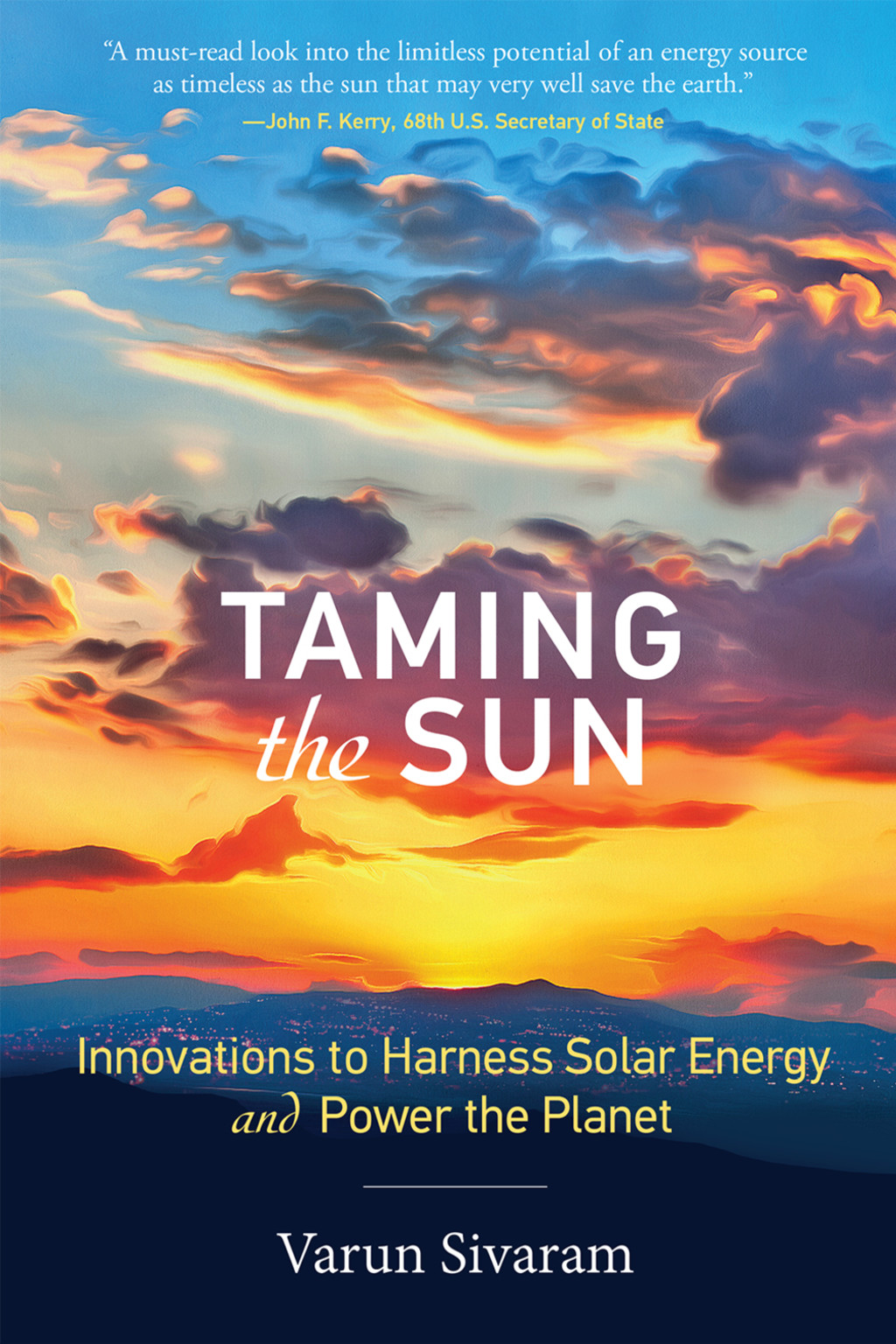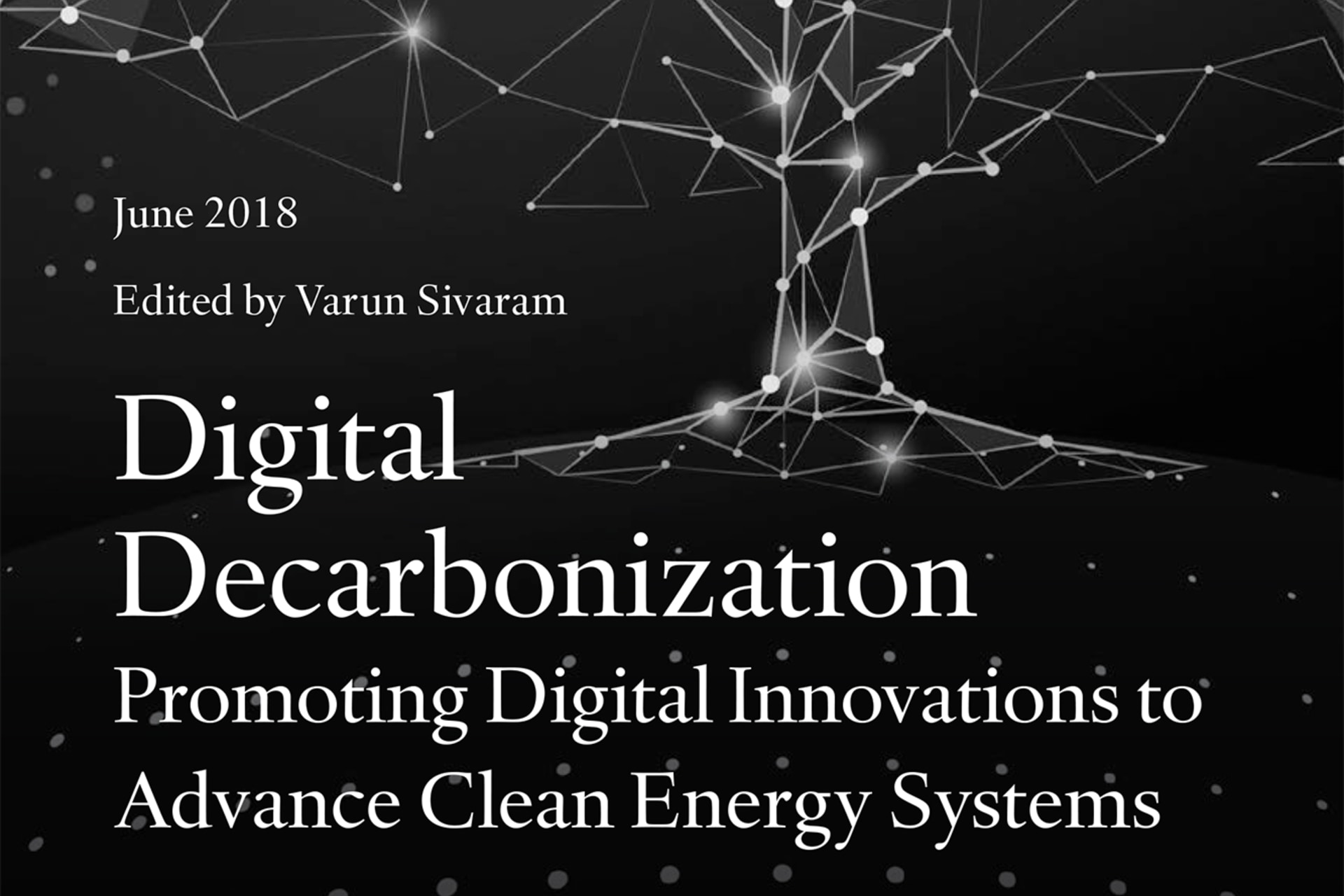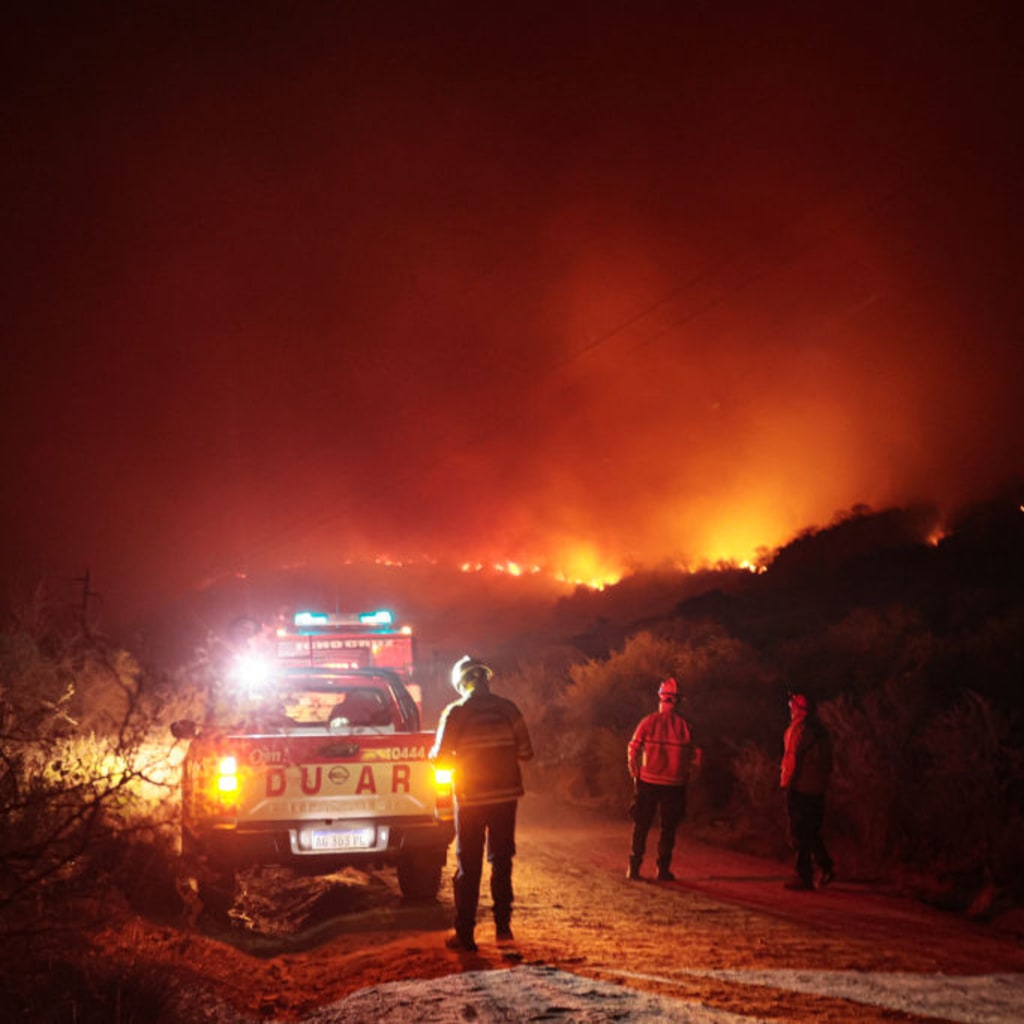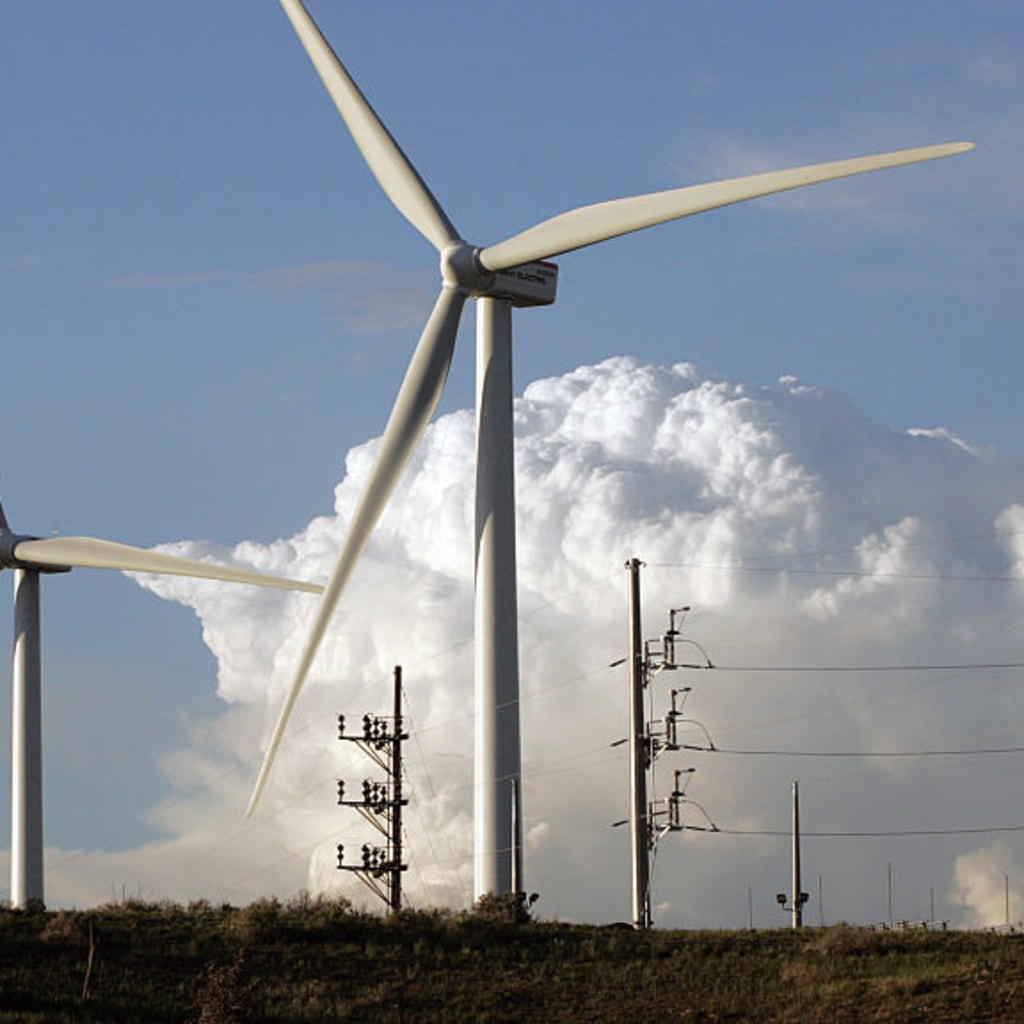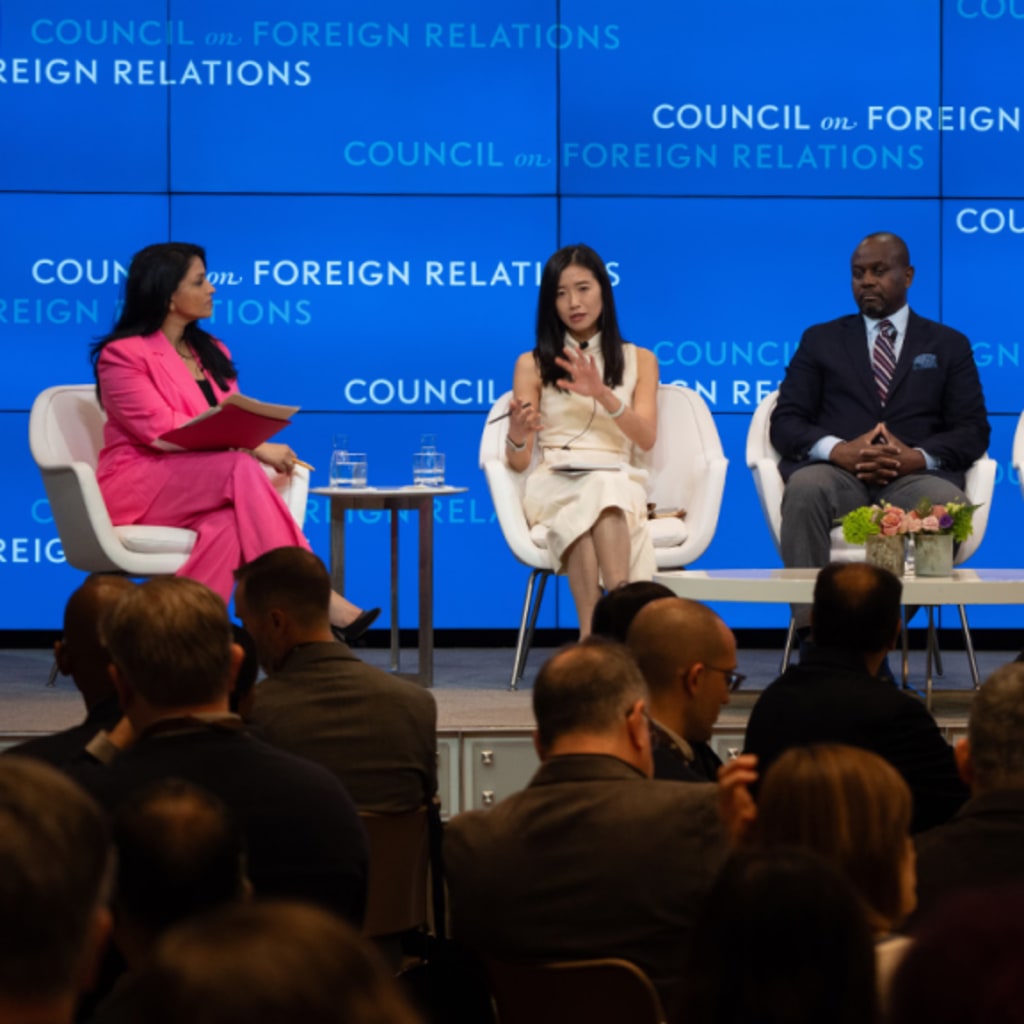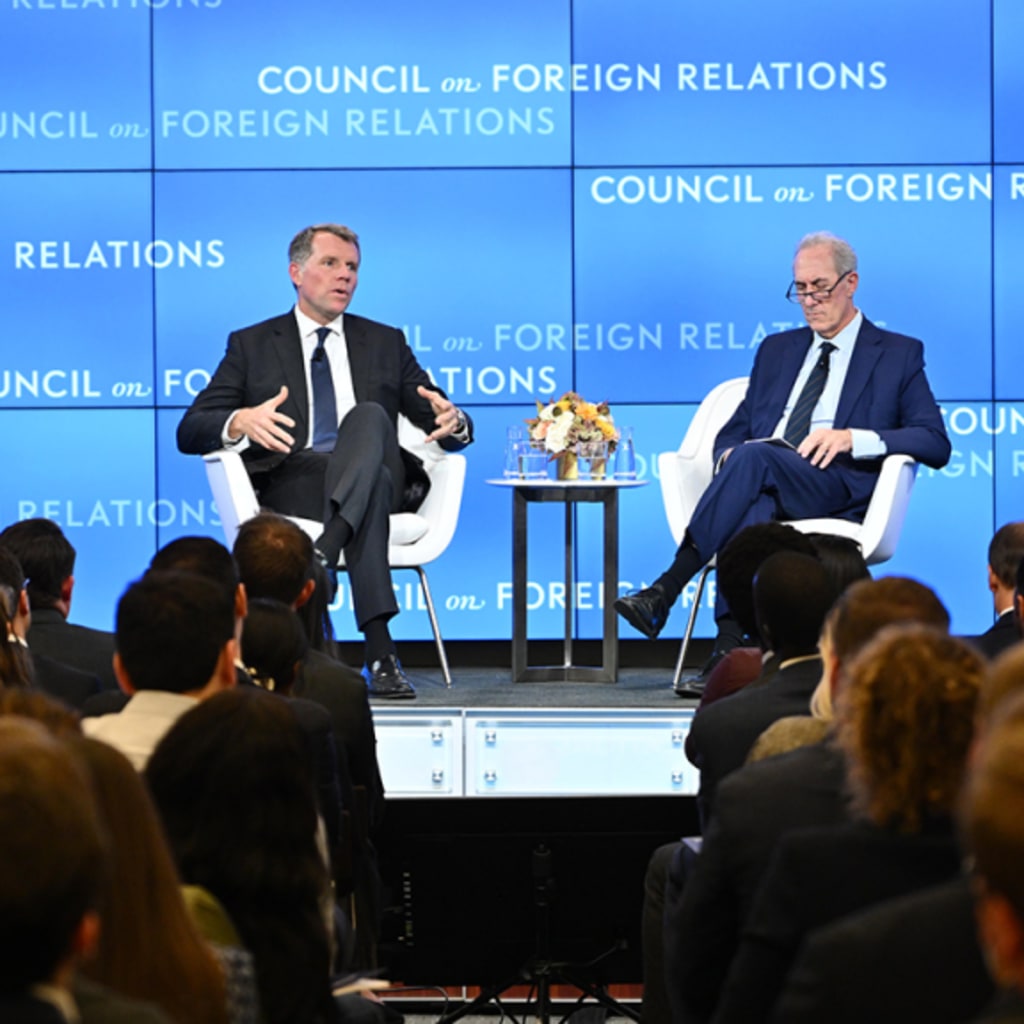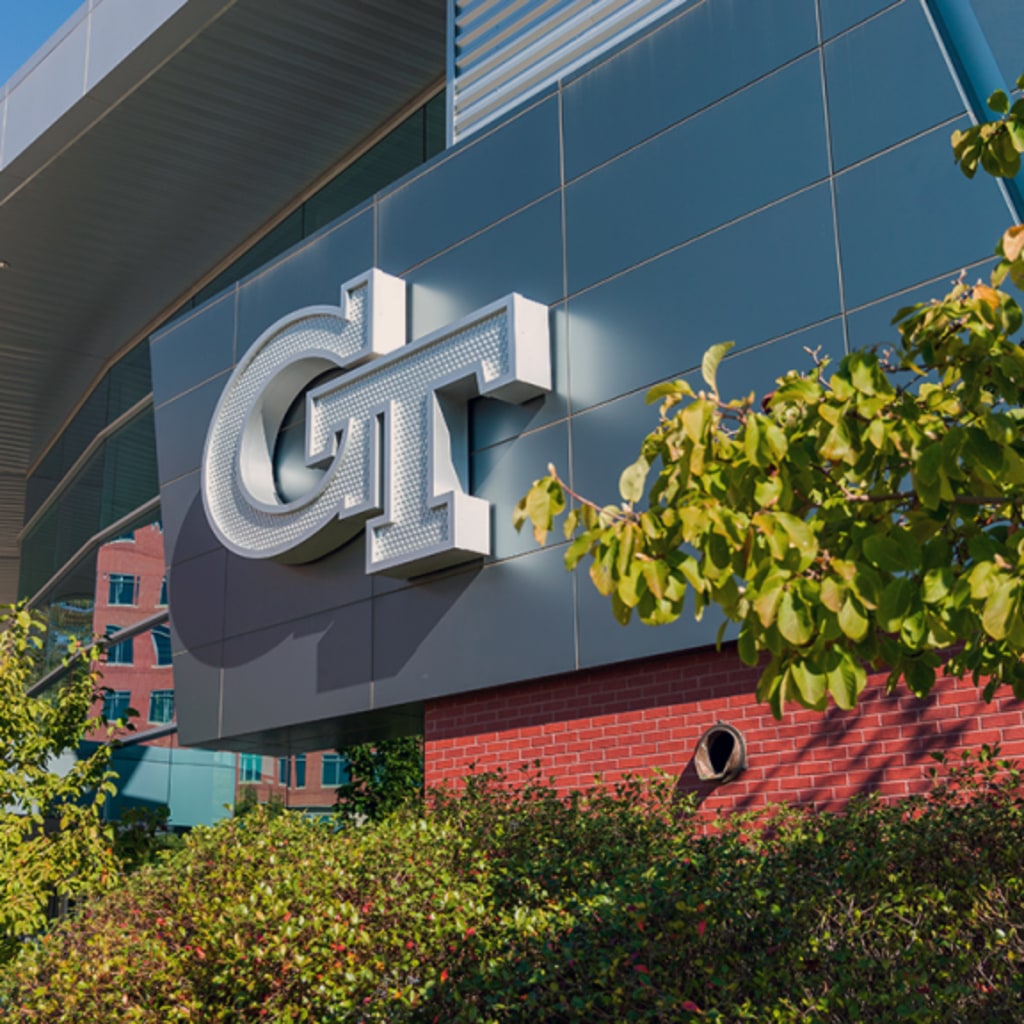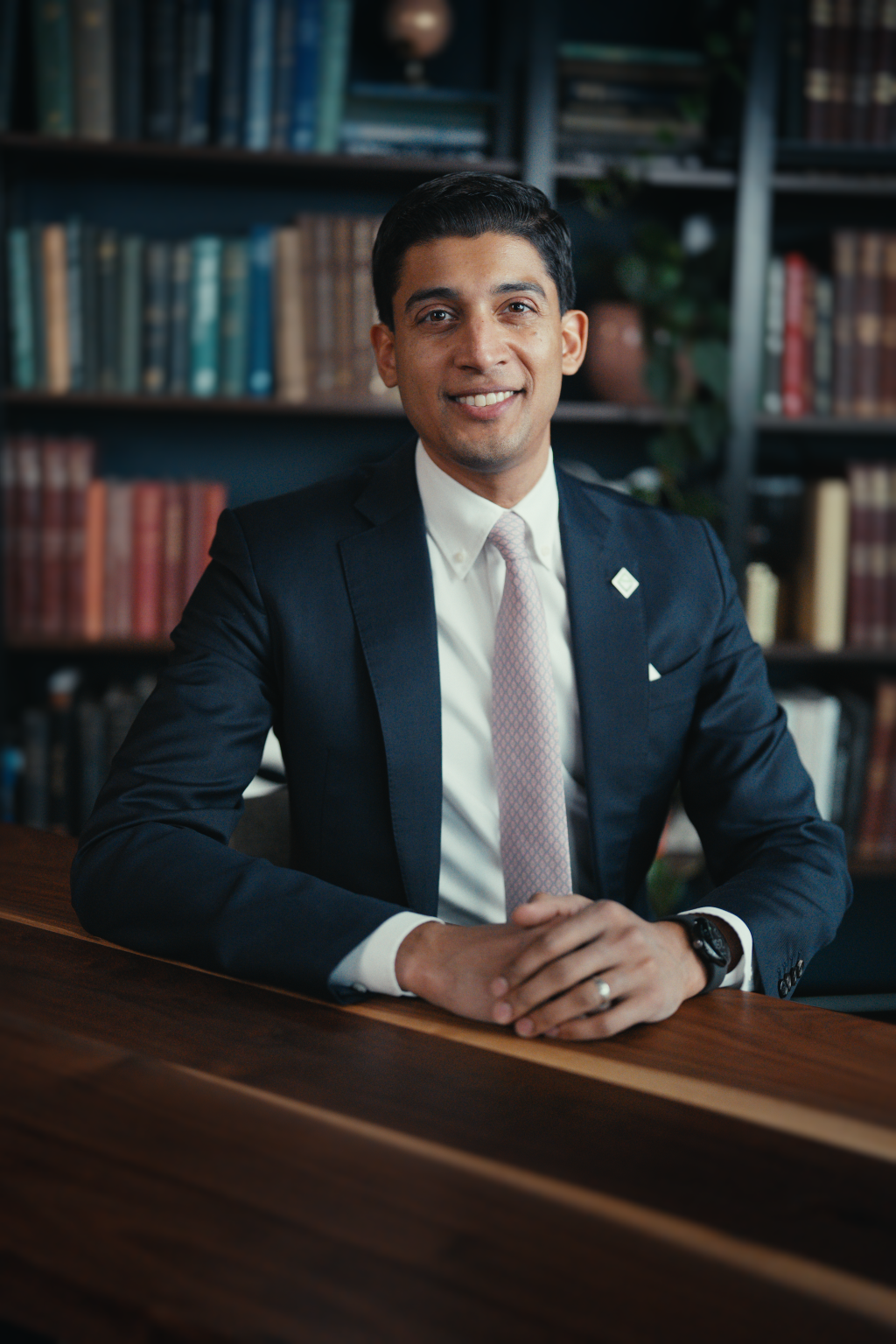
Dr. Varun Sivaram is senior fellow for energy and climate at the Council on Foreign Relations (CFR). He is also the founder and CEO of Emerald AI, a technology company that enables AI data centers to flexibly consume electricity and bolster the power grid. Sivaram brings experience spanning the corporate, policy, and academic sectors, including as a C-suite executive at two multibillion-dollar publicly listed companies, as a senior U.S. diplomat, and as a physicist with expertise in clean energy technologies. His book Taming the Sun on the future of solar energy was named by the Financial Times among “the best books of the decade.”
Before joining CFR, Sivaram was chief strategy and innovation officer at Ørsted, a $25 billion Fortune Global 500 company that is the world’s largest producer of offshore wind energy. At Ørsted, Sivaram led an organization of 180 people comprising the corporate strategy, capital allocation, technology innovation, digital and AI, and partnerships and M&A functions. His teams executed several billion dollars in clean energy asset acquisitions, divestments, joint ventures, and structured financing products; developed the company’s strategic approach to build renewable energy across three continents; and launched Ørsted Ventures to invest in next-generation companies. Earlier in his career, he served as chief technology officer at ReNew Power, a publicly listed multibillion-dollar company that is India’s largest producer of renewable energy, and as a consultant at McKinsey & Co.
Sivaram served for the first two years of President Joe Biden’s administration in the White House and State Department as the managing director for clean energy and senior advisor to Secretary John F. Kerry, the U.S. Special Presidential Envoy for Climate. He created and led the First Movers Coalition, which President Biden called the flagship U.S. public-private partnership on climate, and which convened more than 100 of the world’s leading companies to make more than $12 billion in purchasing commitments to stimulate innovation in clean technologies. Sivaram also created and coordinated the U.S.-India Climate Action and Finance Mobilization Dialogue as well as the U.S.-Germany Climate and Energy Partnership. In addition to his service in the federal government, Sivaram has served in state and local government as senior advisor to the mayor of Los Angeles and to the governor of New York.
A widely published scientist and innovation scholar, Sivaram has served on the faculty of Columbia University and Georgetown University, where he created the course “Clean Energy Innovation” to train the next generation of energy leaders. He was also previously fellow and director of the energy and climate program at the Council on Foreign Relations. His books include Taming the Sun: Innovations to Harness Solar Energy and Power the Planet, Energizing America: A Roadmap to Launch a National Energy Innovation Mission, and Digital Decarbonization: Promoting Digital Innovations to Advance Clean Energy Systems.
TIME Magazine named Sivaram to its TIME 100 list of influential climate leaders, as well as TIME 100 Next list of the next hundred most influential people in the world, MIT Technology Review named him one of the top 35 innovators under 35, Forbes Magazine named him to its top 30 under 30, and the World Economic Forum named him a Young Global Leader. His TED Talks on AI energy solutions and India’s clean energy transition have been viewed more than two million times. Sivaram serves on the boards of the Atlantic Council, Everview Partners, and Aventurine Partners. A Rhodes and Truman Scholar, he holds a PhD in condensed matter physics from Oxford University, where he developed next-generation solar photovoltaic technologies, and undergraduate degrees in engineering physics and international relations from Stanford University. He lives in Washington, DC.
